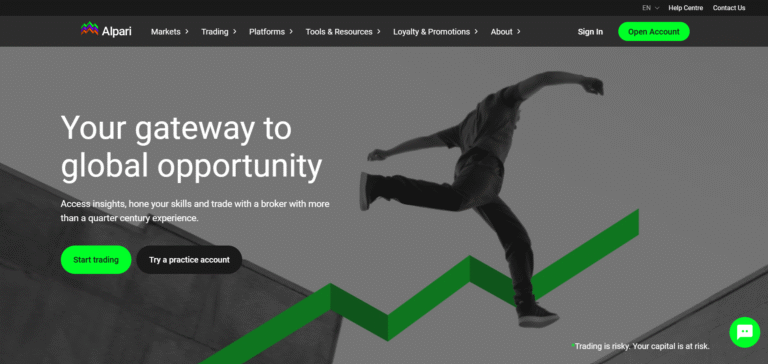Table of Contents
Introduction to Alpari
This article presents a detailed Alpari review, evaluating allegations of an Alpari scam and clarifying whether this broker stands as a trustworthy platform. Alpari, founded in 1998 and registered in Saint Vincent and the Grenadines, offers Forex and CFD trading across global markets. But with conflicting reports online, the key question remains: is Alpari a legitimate broker or one to avoid? This Alpari review uncovers all the warning signs you need to know.
We write for two kinds of readers: those who feel they’ve been misled by Alpari and those hesitant to deposit funds, seeking clarity before acting. We understand your frustration and alarm—and this article speaks directly to those concerns with clear, informed insight.
Alpari: Regulation & Legal Status
Alpari operates under a Saint Vincent registration and lacks licensing from top-tier regulators like the FCA, ASIC, or SEC :contentReference[oaicite:0]{index=0}. It is a member of the Financial Commission, providing external dispute resolution of up to $20,000—yet this falls short of superior regulatory protections :contentReference[oaicite:1]{index=1}.
Unregulated brokers often present risks: limited oversight, no formal client protection, and weak recourse if disputes arise. For tools to spot dubious brokers, you can always learn how to spot a scam broker before it’s too late. The lack of solid regulation raises legitimate questions—could Alpari be a scam?
Trading Conditions & Platform Analysis of Alpari
Alpari offers a variety of account types—Micro, Standard, ECN, Pro ECN—with varying minimum deposits (from as low as $30) and leverages up to 1:1000 :contentReference[oaicite:2]{index=2}. Platforms include MT4 and MT5, broadly trusted among traders :contentReference[oaicite:3]{index=3}. They also deliver STP/ECN order execution and segregated fund protection :contentReference[oaicite:4]{index=4}.
That said, specifics about liquidity providers and execution transparency are sparse. High leverage and aggressive rewards may attract traders, but lack of visibility into execution and slippage remains a concern :contentReference[oaicite:5]{index=5}. If you’re evaluating platforms, check what to check before signing up with a trading platform. These gaps make it harder to dismiss the idea that Alpari might be a fraud.
Reputation & User Reviews About Alpari
Reviews are mixed. On Trustpilot, Alpari holds a 3.9 rating with many positive testimonials about demo accounts and tools—but many others report delayed responses in withdrawal issues :contentReference[oaicite:6]{index=6}. Forums and complaint sites (e.g., BrokersView, ForexPeaceArmy) include stories of blocked or delayed withdrawals, frustrating support, and missing SMS codes for authentication :contentReference[oaicite:7]{index=7}.
Analytics suggest moderate engagement on platforms. While some users praise Alpari’s educational resources and trading conditions, unresolved withdrawal disputes and inconsistent customer service raise valid concerns among potential users.
How to Test Whether Alpari Is a Scam
To assess if Alpari is a scam, consider the following steps:
- Verify Regulation: Confirm licensing or oversight by respected authorities—currently none apply to Alpari from top-tier regulators.
- Spot Red Flags: Difficulty withdrawing funds, poor support responsiveness, or unclear fee structures are warning signs.
- Read Real User Reviews: Investigate complaints on independent platforms like ForexPeaceArmy or TrustPilot to identify systemic issues.
- Test Platforms: Use demo accounts first and observe order execution, slippage, and platform stability.
- Review Withdrawal Terms: Investigate withdrawal policies—crypto-only payouts or opaque processing can be a red flag.
- Watch for Guarantees: Promises of risk-free profits are unrealistic and often misleading.
Final Verdict & Alternatives
Is Alpari a scam? Not outright—but serious caveats exist. They offer solid platforms and long-standing service since 1998, yet regulation gaps and user complaints about withdrawals and support tarnish the picture. If these red flags concern you, it may be safer to pass.
For more reassurance, consider brokers regulated by authorities like the FCA or ASIC—such as IG, Pepperstone, or Interactive Brokers. Licensed platforms offer stronger protections and transparency you deserve.


